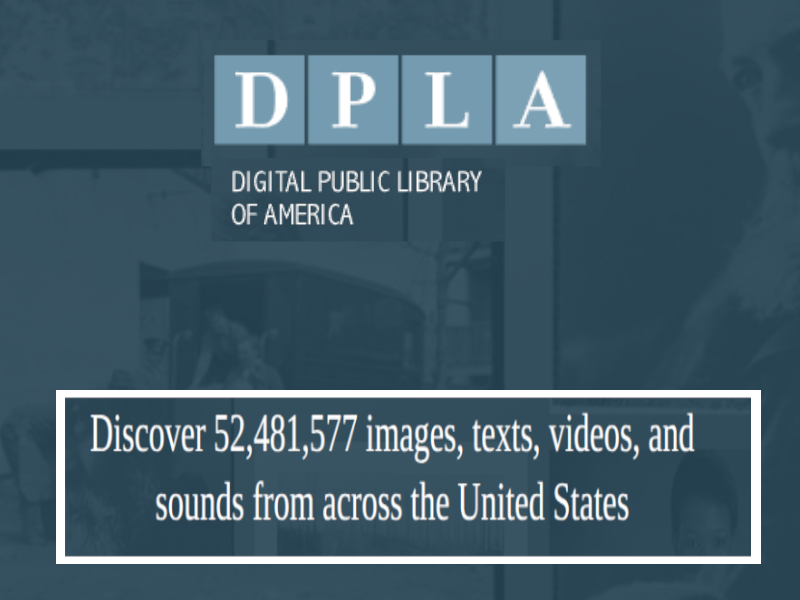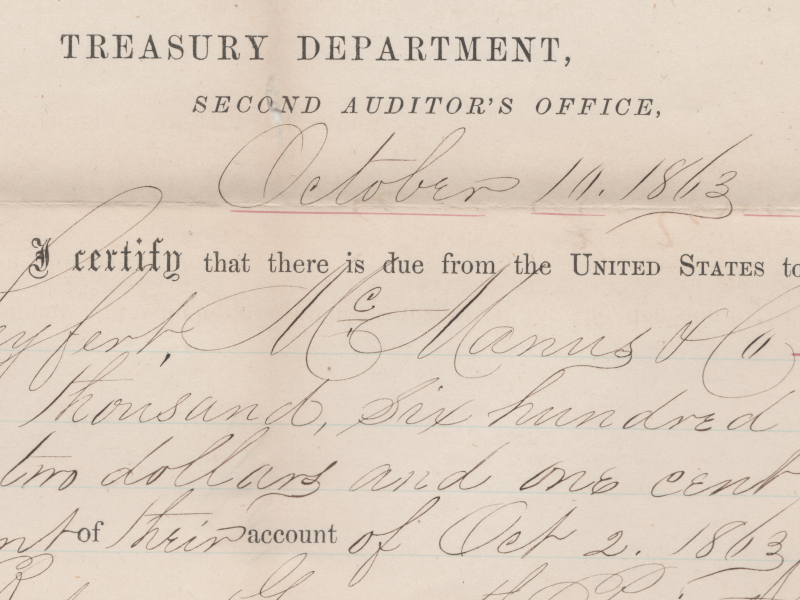
It is Time for Humanity to Eat Our Feedback
Back when I was in my teens, inspired by "Ah, Pook The Destroyer" and other experimental cut-ups by the late fantastic William S. Burroughs, I did some experimenting of my own. One of these involved arranging cuttings from newspapers to compose poetry. The cuttings were taken across lines of text so as to capture little pieces of context while at the same time altering the meaning and producing a unique and distinct final expression. By following the formula, I came up with some interesting pieces.
Sadly, only 3 are extant in the form of low resolution scans using a very early consumer grade scanner. The tumult of 20+ years has sucked the rest into the void, never to be seen again. I've taken what remains and set them against some wonderful photographs by Judd Weiss and included them with this article.
Thus began a lifelong obsession with the concept of cultural recycling, or reusing prior expressions to create new expressions, borrowing contexts and rearranging meanings to find ourselves someplace uncharted. Home computers were relatively new when these were made - I did most of my writing on an old typewriter at the time - but as they advanced so have the prospects for what I will call formulaic cultural recycling to become a reality.

From the perspective of both an artist and an explorer of thought, the approach offers some exciting new possibilities. Consider other kinds of cultural recycling observed to date. The idea of the music remix has been with us a while now, and has been respected almost as long as a legitimate art form that can add value to the original expression. For myriad reasons, cut-ups using film have been denied some of this respectability and are often derided as being a rip-off, despite enjoying the same claim to functional legitimacy as the musical form. The most obvious form of cultural recycling, recycled art, uses elements of the physical world to form an original expression.
Of course all of these art-forms have commonalities, but some of these are less apparent than others. One thing they all have in common with each other, and with these cut-up poems, is that the artist remains in total control over the new expression. I fully realize that many artists consider this an advantage, a requirement even, and will often fight to retain control over their expression. But it implies limitations and detriments, and my interests lie with the possibility of removing at least some of these as much as possible.
It is no coincidence that some of the greatest artists, in any form or genre, are those with the most fertile imaginations. In a very real sense, all art can be considered a journey of sorts outside of the definable reality that existed prior to the expression. Each work is necessarily an exploration outside of reason and logic. The dark side of this coin is the one that interests me. It is that because the artist controls the expression, we are limited by the extent of that artist's imagination and we are subject to all of their cognitive biases and filters. In short, doors that are not open to the perception of the artist remain unexplored.
This would be enough reason for me to pursue the subject, but is also natural for me to wish to relinquish this control. I dislike Control. I don't like being controlled, and I don't like controlling others. I rank the desire to control others, and the world we all must live in, as being among the darkest and most counterproductive drives that humanity is capable of. We destroy our soul - whatever that may mean to you - when we exert control, fret over it, angle and compete for it. And we close off potential avenues of perception as well.
The model for formulaic cultural recycling gives control over the assembly of the expression to a computer, which uses a formula to operate on a body of input material. Though not sophisticated enough to be considered a proper Artificial Intelligence, the formula does represent a decision making process of a sort, and a large quantity of the digested material ends up being discarded. It is in the design of the formula that one level of artistic control is still exerted. Changes to the formula can dramatically alter the output, especially when it comes to deciding how much context to retain.

Formulaic cultural recycling also transforms the creative process by introducing the concept of mining. For it is inevitable that the "soulless" constraints of following a formula will produce a range of quality in the output, from the incomprehensible all the way to the insightful, funny, or in some other way meaningful. Here is where control is once again exerted in the form of editorial control over the output.
One of the complaints about art being produced by an AI is the "soulless" nature of it. It is debatable whether any AI, even an advanced AI capable of preferences, motives and mistakes, will ever be able to give art the human touch, so to speak. There are good arguments on both sides of the debate. Formulaic cultural recycling does an end run around the question, and the "soul" derives from the input material and editorial process, even while transferring control over the creative process to a computer.
It is not hard to see this kind of automation replacing screenwriters for television and movies, given the recycling of ideas that is already shamelessly done on a regular basis. Some shows I have seen are so formulaic and predictable that it would not take a complicated formula at all to generate endless episodes, many of which would be indiscernible from the human-written episodes. Combined with advances in computer generated characters, we might not even need the actors and actresses to make all of them.

And after all, why not. It has been suggested that there are really only 36 basic plots that are reused over and over, with different window dressing and universes. Writers love to beat "normals" senseless with tales of the rigors of the torturous process they must endure to repurpose one of these plots and sell it to the public yet again. Oh, the humanity! Well guess what gang, don't complain too loudly... because you're replaceable too.
For me, the greatest gain from removing some control from the creative process is the range of potential outcomes. Ideas and perceptions can be created by formula that I would not think of or be able to produce myself. Much like the relationship between parent and child, I have a guiding hand in the creative process, but ultimately it is capable of producing what I cannot. Already with the experiments I have done, I have had assumptions challenged, thoughts provoked and emotions evoked by some of the output, and all in ways I could not have imagined myself.
My experiments with formulaic cultural recycling are still in early days, but I have a number of projects I'll be releasing soon to showcase the concept. Stay tuned for some exciting announcements in the coming weeks!

The Libertarian Party Might Survive 2016
July 6, 2016

The McAfee Effect Strikes Again: House Looks To Reel In SEC
December 21, 2018





